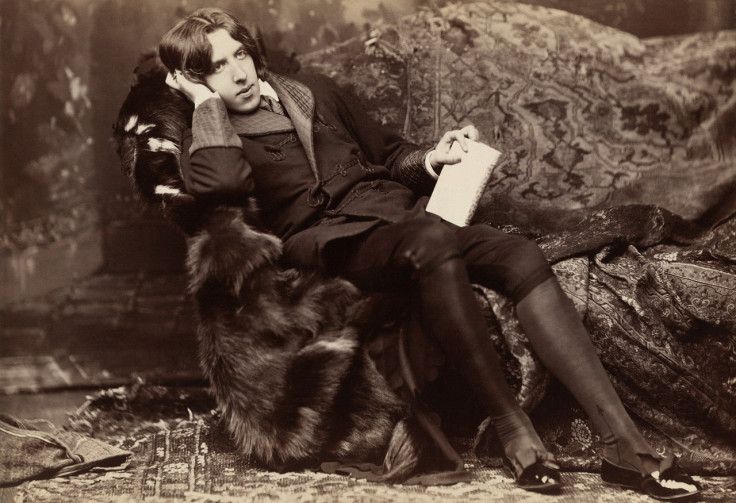Was Oscar Wilde Gay? Questions Resurface After His Library Card Is Reissued 130 Years After Being Revoked Over Suspicions of Homosexuality
The British Library aims to honour the controversial playwright, more than a century after his conviction

The British Library symbolically reissued the reading pass of controversial playwright Oscar Wilde, over a hundred years after it was cancelled due to his imprisonment.
The reading pass was presented to Wilde's grandson, Merlin Holland, on Thursday. In a statement posted on BBC, the British Library said that it aimed to 'acknowledge the injustices and immense suffering' that the poet and novelist went through because of his persecution.
History of the Revoked Library Card
The library decided to cancel Wilde's reading pass as part of its policy to revoke the care of anyone convicted of a crime.
The decision for the revocation was recorded in the trustee's minutes dated 15 June 1895.
The library made the decision when Wilde had already spent three weeks in prison after receiving a two-year sentence with hard labour.
He was found guilty of 'gross indecency' for having homosexual relationships, a criminal offence during that time.
Wilde's Conviction: Was He Really Gay?
The writer's downfall began when a feud between him and the Marquess of Queensberry had a feud, according to the accounts published by History.com.
The accounts mentioned that despite marrying and having two sons, Wilde started an affair with Lord Alfred Douglas, a British aristocrat and poet 16 years his junior.
The affair was discovered by Douglas' father, the Marquess of Queensberry. He was allegedly outraged with his discovery and aimed to expose Wilde's crime. He began by leaving a calling card for the playwright with the porter working for the exclusive Albemarle Club in London. The Marquess wrote: 'For Oscar Wilde, posing somdomite [sic]'
Wilde's friends who knew the truth about his homosexuality adviced him to run away to France to cool off and let the issue subside, since France decided to decriminalise homosexuality in 1791.
However, Wilde opted to file a case against the Marquess for defamation despite the advice of his friends. The trial, which appeared to be one of the first celebrity trials in history, was highly publicised at the time.
Wilde had a hard time proving the defamation since the allegations about his sexuality were reportedly true. The playwright eventually dropped his defamation case, which authorities considered a sign of guilt for homosexuality. He was arrested for indecency charges and was taken to prison in March 1895.
Wilde spent the last chapters of his life in France after his release in 1897. He died on 30 November 1900 and was buried in Paris.
Accepting the Posthumous Honour
Holland, son of Wilde's second child, Vyvyan Holland, told BBC Radio 4's Today programme on Thursday that he felt proud of his grandfather's achievements, yet he also felt burdened by the heavy duties of taking care of his legacy.
'People will so often write in to me and say, "I cannot tell you how much your grandfather's De Profundis meant to me"', he shared. Readers felt the positivity that would come out at the end of the book, giving them an inspired outlook.
Meanwhile, the British Library's chairman Dame Carole said that Wilde was one of the most significant literary figures of that time.
She also said that by re-releasing the reading pass, the library hope to not only honour Wilde's memory but also acknowledge the injustices and immense suffering he faced as a result of his conviction.'
© Copyright IBTimes 2025. All rights reserved.





















